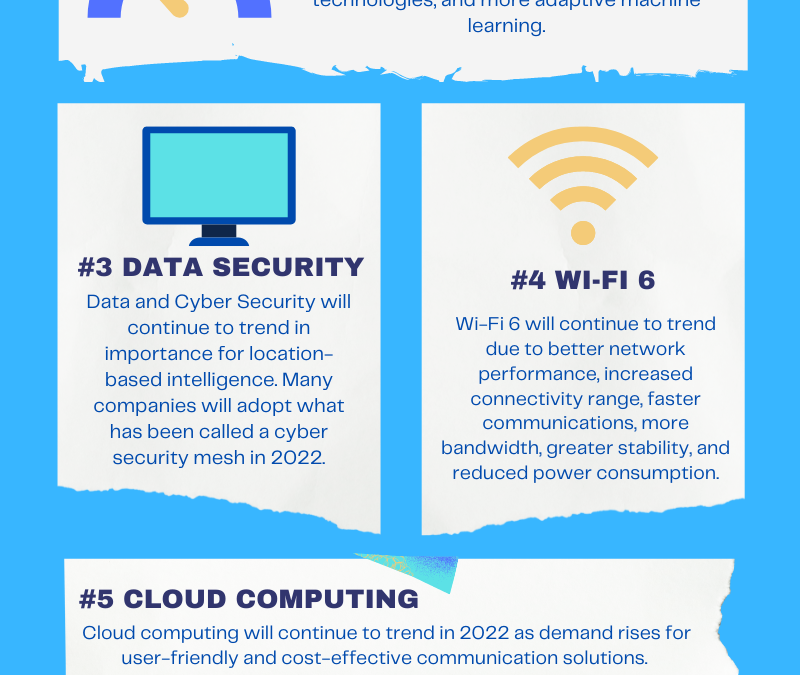 Cloud computing is a useful tool for businesses as well as consumers. Access to the cloud helps not only guarantee that information will remain safe even in the event of hardware failure, but also that a veritable treasure trove of company information is available to be located and accessed at will. The same can be said of the multi-cloud environment, which seems to be the direction in which many organizations are heading. Here are a few advantages to keep in mind.
Cloud computing is a useful tool for businesses as well as consumers. Access to the cloud helps not only guarantee that information will remain safe even in the event of hardware failure, but also that a veritable treasure trove of company information is available to be located and accessed at will. The same can be said of the multi-cloud environment, which seems to be the direction in which many organizations are heading. Here are a few advantages to keep in mind.
Increased Flexibility and Ease of Use
When it comes to cloud computing, one of the main benefits that many companies are keen to take advantage of is convenience. As mentioned above, cloud computing offers users the ability to access and store their files and projects in an easily-retrievable environment. Not only does this help increase productivity, but it also encourages collaboration. Multi-cloud architecture offers the same benefits, but on a larger scale. With a multi-cloud system, companies can pick and choose which cloud system best suits the needs of a specific aspect of their business, and can also help reduce costs in the process.
Increased Expenditure and Increased Security Risks
While multi-cloud computing offers increased convenience and potential cost savings to users, it is also important to note that it could also introduce unexpected costs. One study recently conducted by BMC shows that as many as 40% of companies’ decision makers in IT departments aren’t aware of exactly how much their company is spending on maintaining cloud servers. With more services and clouds to consider in a multi-cloud system, expenses can quickly add up into excessive costs if you do not stay on top of the providers and pay attention to exactly how much data you are using.
A potential risk associated with multi-cloud architecture, as discussed by the same BMC study, is the difficulty of ensuring security across a broader platform. There are already security risks associated with cloud computing in general, and multi-cloud computing does not eliminate them. With that said, an experienced and skilled specialist can work to ensure security remains formidable even in a multi-cloud environment.
The future of cloud computing increasingly seems to be multi-cloud systems, for consumers as well as professionals. Keep the above benefits and risks in mind as you weigh your options.
GeoTel is the leading provider of telecommunications infrastructure data, including fiber route data, a key to implementing the fiber necessary for smart home technology. For over sixteen years, GeoTel’s products have been providing companies and government entities with the leverage and insight necessary to make intelligent, location-based business decisions. For more information or a for a free demo, please contact our experts at (407) 788-8888.


